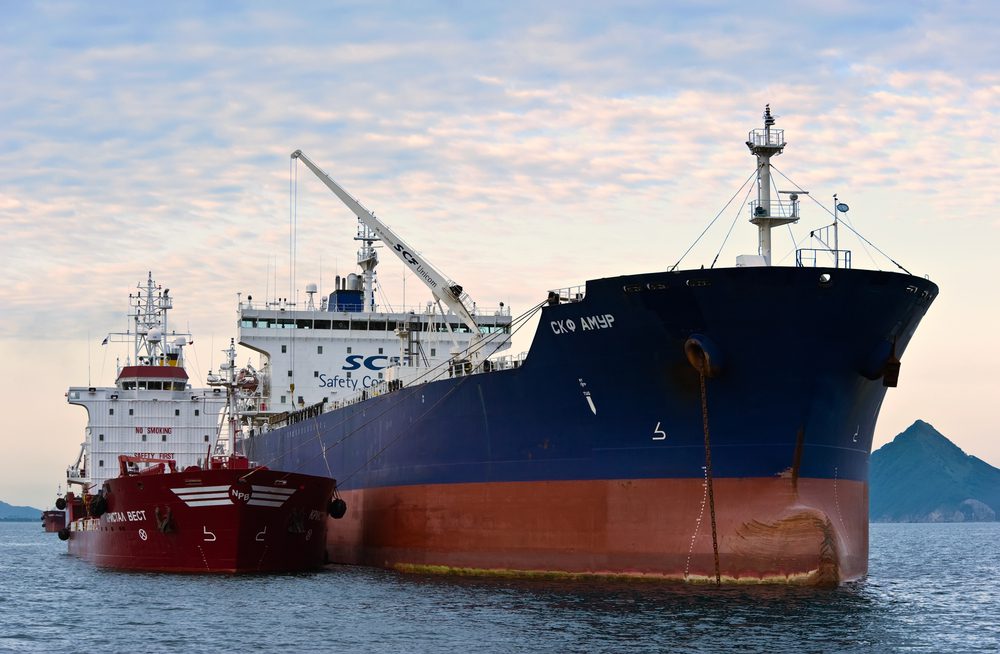File photo: VladSV / Shutterstock.com
 LONDON, March 5 (Reuters) – A sharp increase in demand for distillates following new shipping fuel rules will fade quickly, the International Energy Agency said on Monday.
LONDON, March 5 (Reuters) – A sharp increase in demand for distillates following new shipping fuel rules will fade quickly, the International Energy Agency said on Monday.
New rules implemented by the International Maritime Organization (IMO) will significantly cut the amount of sulphur that the world’s ships can burn in their engines from 2020, leading to a close to 1 million barrel per day (bpd) rise in gasoil consumption at the expense of high-sulphur fuel oil.
While ships can continue to burn higher sulphur fuel if they install scrubbers, and can also use liquefied natural gas- powered engines or new low-sulphur fuel oil blends, a lack of preparation has led most to expect a dramatic boost in marine gasoil consumption, as it is the easiest option available.
But the IEA, in its five-year outlook, said that while gasoil consumption will rise by close to 1 million bpd, to 1.7 million bpd in 2020, it will fall back to just 773,000 bpd by 2023.
“After a strong increase in 2020, marine gasoil demand will return to its 2019 levels by the end of the forecast,” the IEA said, adding that most shippers would turn to new 0.5 percent fuel offerings as they become more confident of their quality.
The IEA also expects gasoil prices to spike by more than 20 percent in 2020, which it said would cut demand for it in other sectors.
The change will have a seismic impact on the shipping industry and on refiner profits; many oil majors, such as ExxonMobil and Total, have already invested in upgrading their refineries to produce more low-sulphur fuels, while trading house Gunvor also got permission to upgrade its Rotterdam refinery.
The IEA warned that some simple refineries could be forced to shut down if they do not upgrade.
Refiners are also grappling with where their excess high-sulphur fuel oil will go; shippers’ demand for high sulphur bunker fuel is expected to fall to 1.3 million bpd in 2020 from close to 3.2 million bpd in 2019, and the IEA does not expect it to recover.
But it said significant price declines due to collapsing shipping demand will entice other consumers.
The IEA said that power plants in Brazil, Russia, Saudi Arabia, Iraq, Kuwait and Egypt could help absorb some of the excess, with Middle Eastern countries alone capable of burning an additional 460,000 bpd of fuel oil in existing power plants. (Reporting By Libby George, editing by David Evans)
(c) Copyright Thomson Reuters 2018.

 Join The Club
Join The Club











